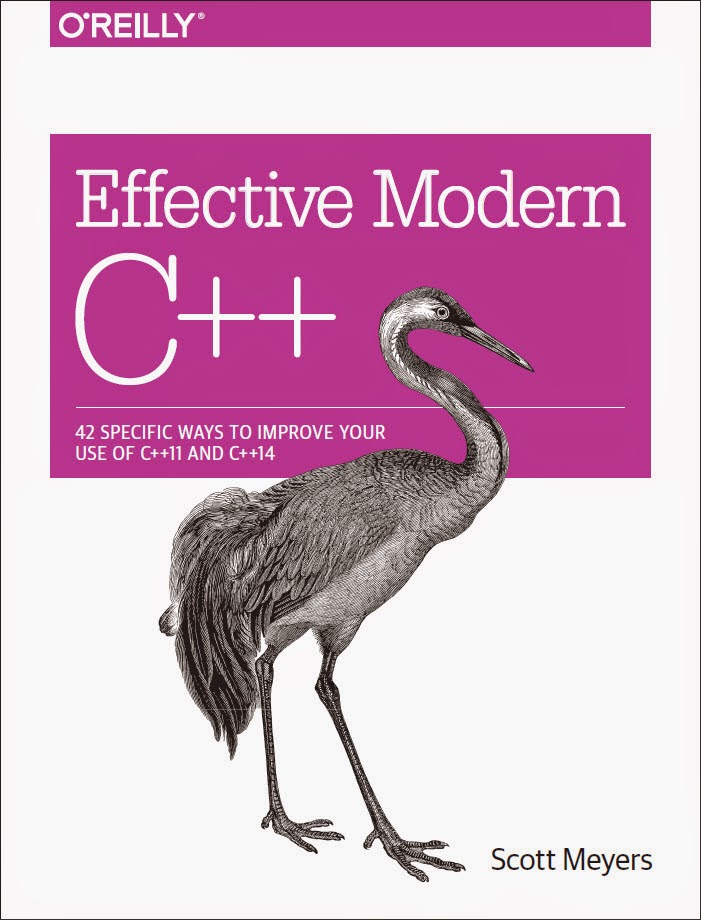N4087: Multidimensional bounds, index and array_view, revision 3 -- Łukasz Mendakiewicz, Herb Sutter
A new WG21 paper is available. A copy is linked below, and the paper will also appear in the next normal WG21 mailing. If you are not a committee member, please use the comments section below or the std-proposals forum for public discussion.
Document number: N4087
Date: 2014-07-01
Multidimensional bounds, index and array_view, revision 3
by Łukasz Mendakiewicz and Herb Sutter
Excerpt:
Overview
Revision 3 incorporates the feedback received in Rapperswil from LEWG and some other minor fixes: ...
Acknowledgements
Thanks to Stephan T. Lavavej and the members of LEWG for the suggested improvements. Thanks to the interlocutors at ISO C++ Standard -- Future Proposals forum for the valuable feedback. Thanks to all correspondents expressing feedback in private emails.

 C++ is quietly becoming a language of choice for cross-platform mobile apps, because it's the only modern language that can target iOS, Android, and more with the same source code.
C++ is quietly becoming a language of choice for cross-platform mobile apps, because it's the only modern language that can target iOS, Android, and more with the same source code.
 Scott Meyers' highly anticipated new book Effective Modern C++ is on the way:
Scott Meyers' highly anticipated new book Effective Modern C++ is on the way: